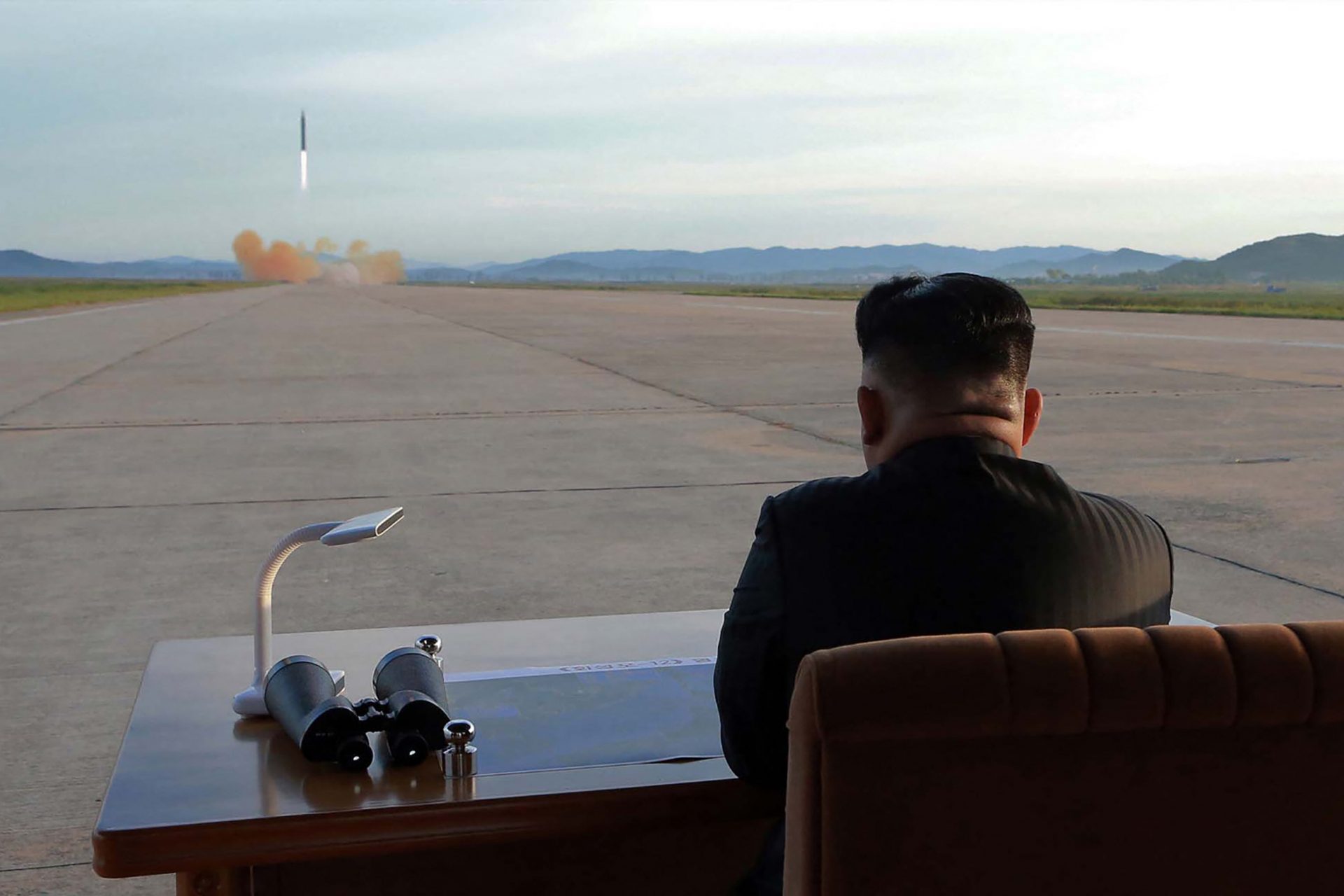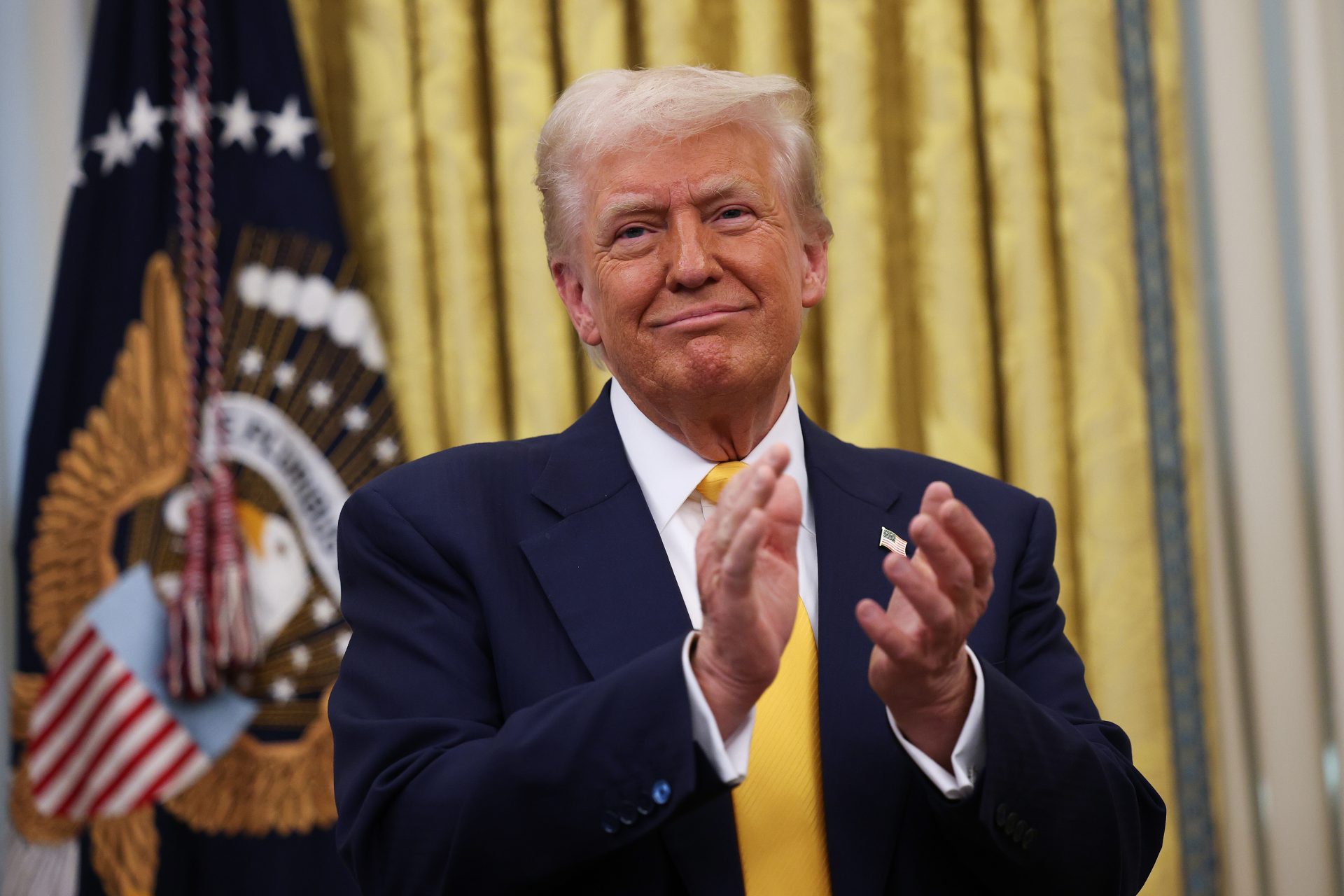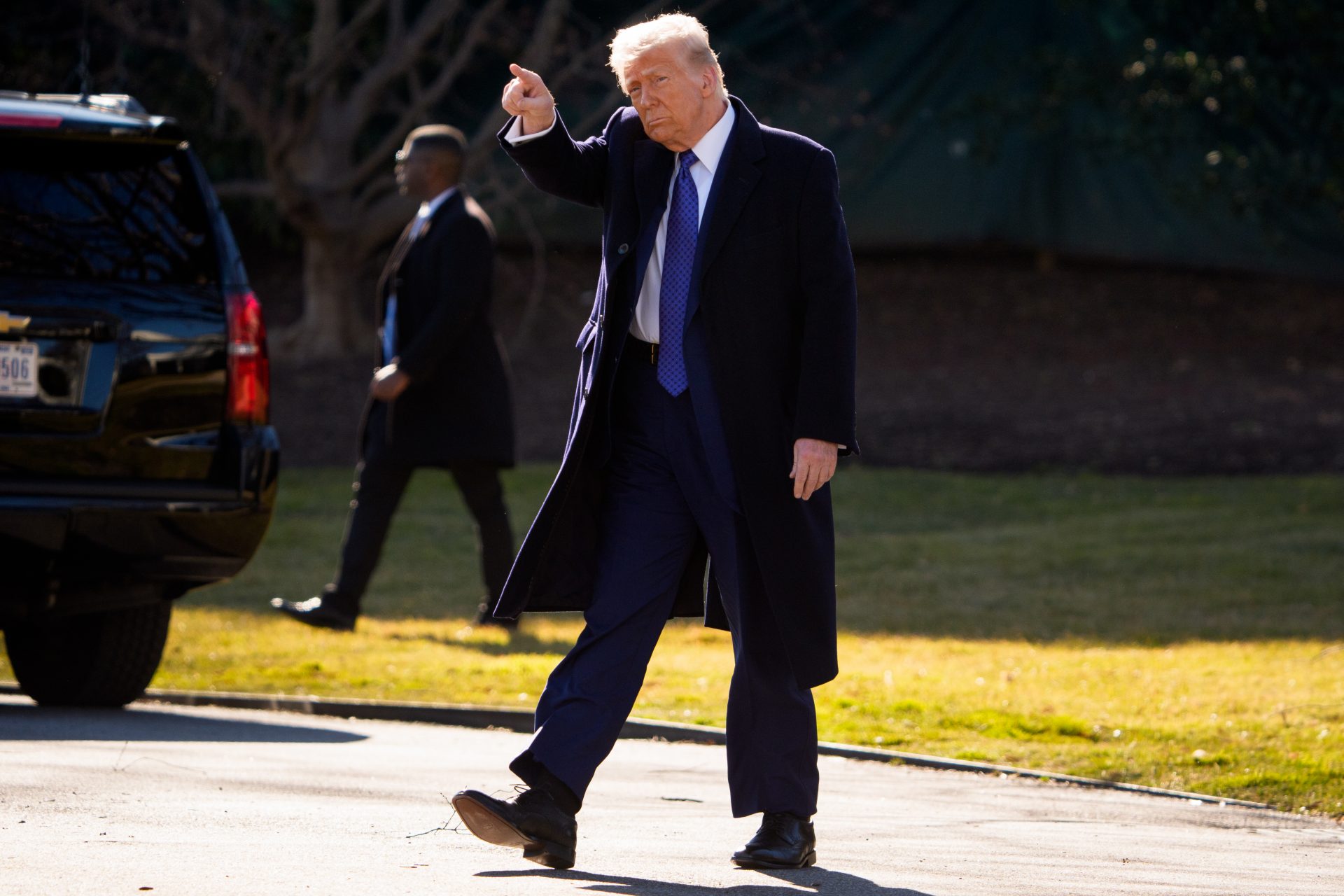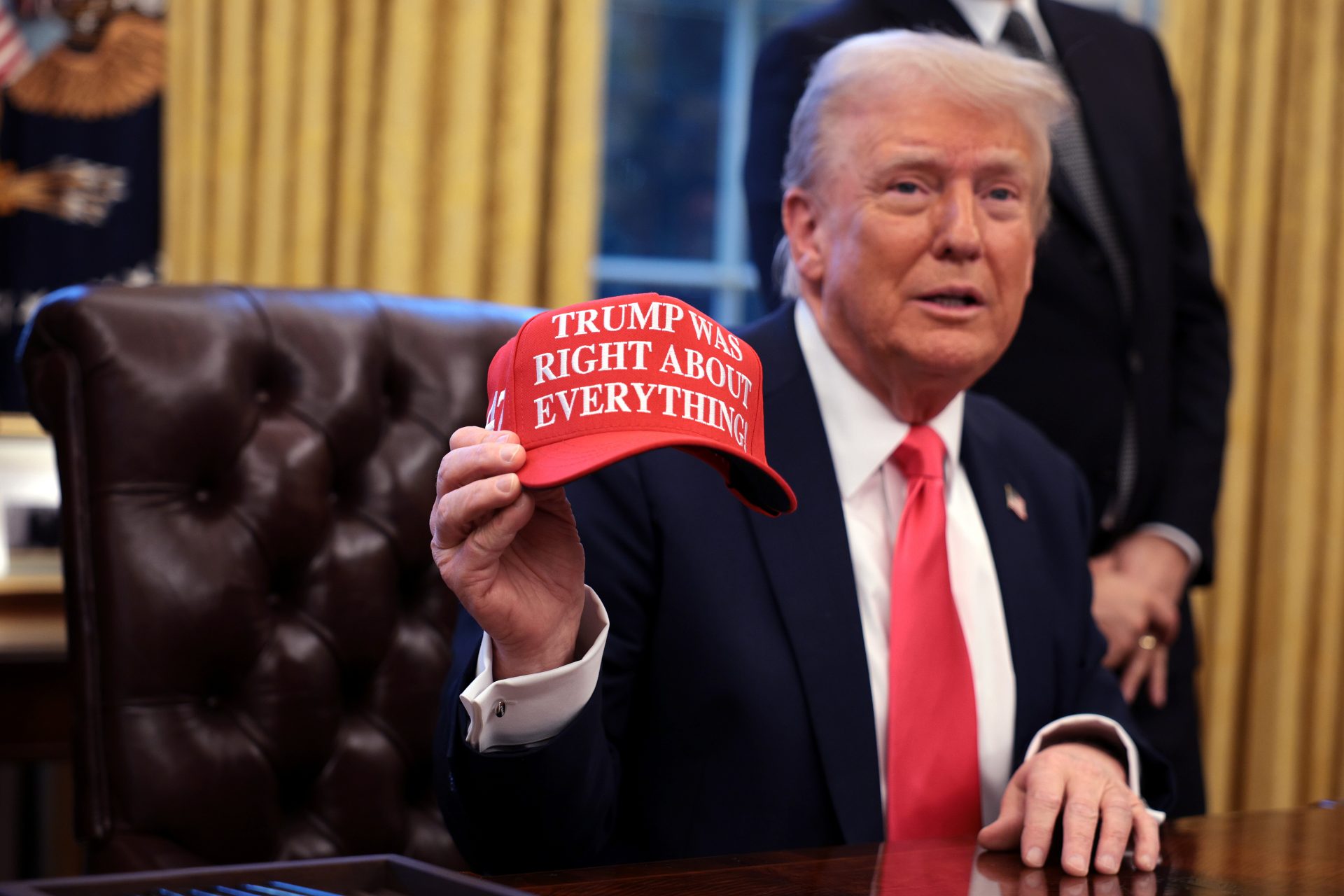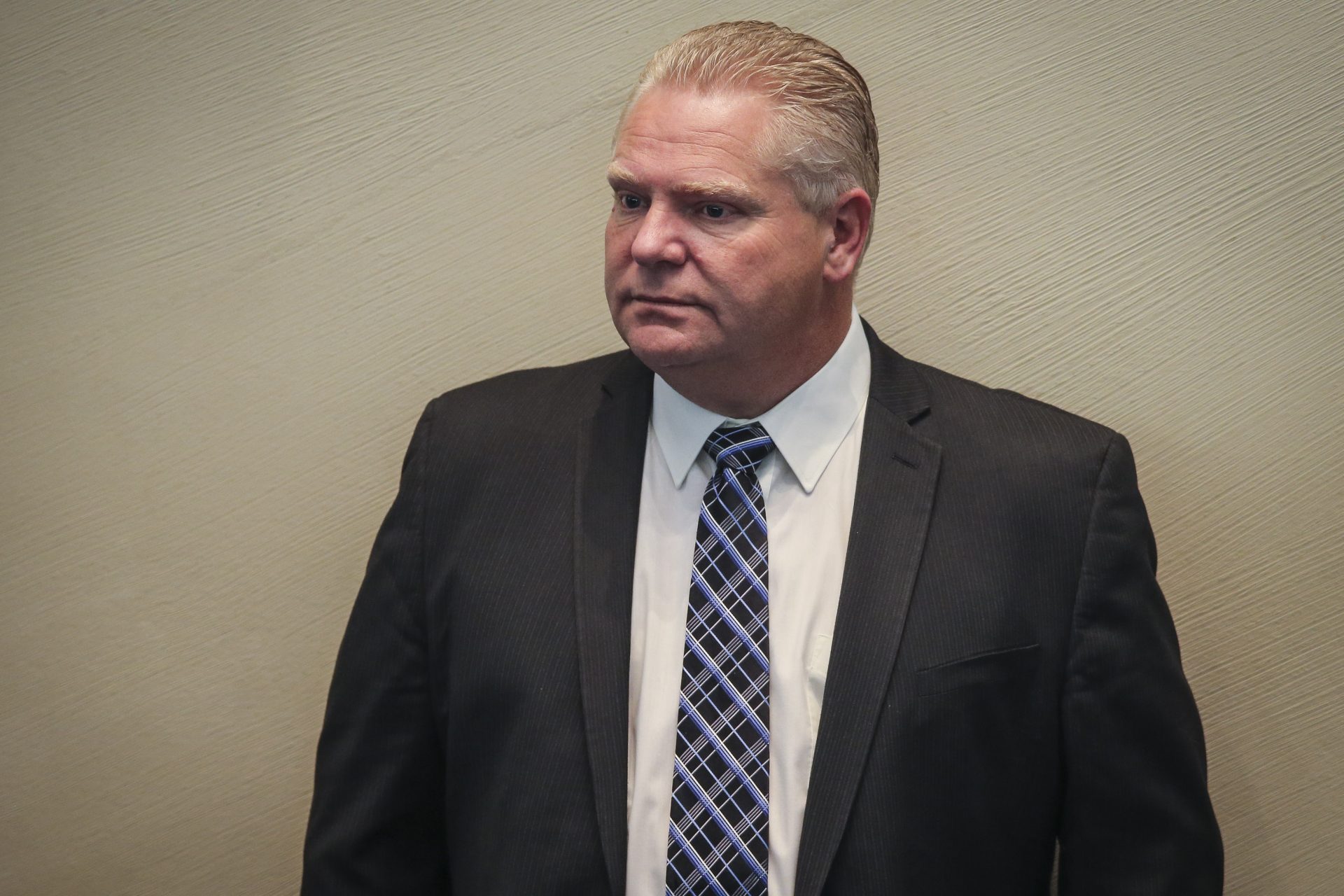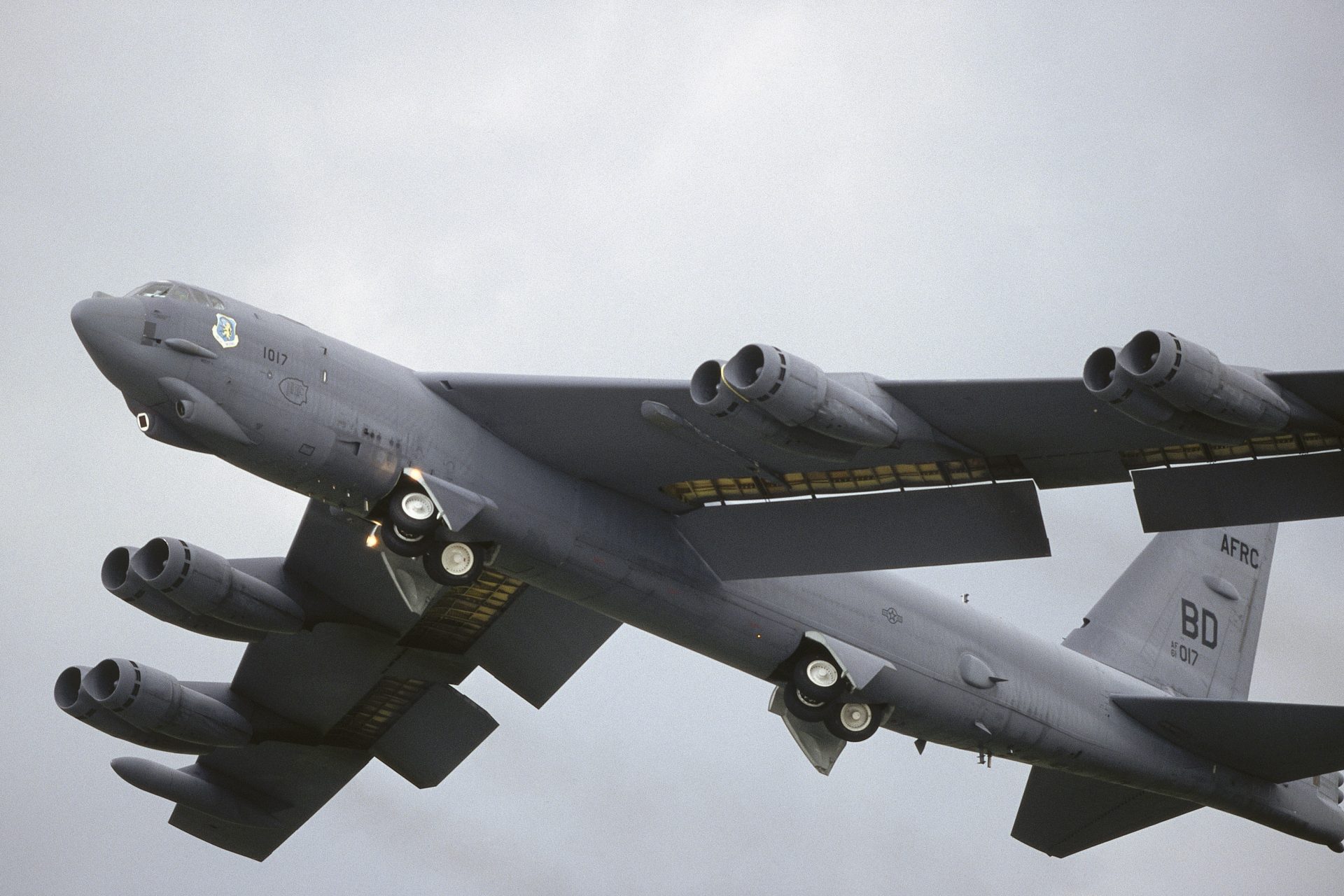What is the U.S. Space Force and what does it do?
When Donald Trump announced the creation of the United States Space Force he was met with so much mockery that Netflix produced a parody of the military branch, but its no longer a laughing matter...
Despite all its ridicule, the U.S. Space Force has become a critical part of America's security and defense apparatus, yet most people still have no idea what it actually does.
According to its mission statement, the U.S. Space Force is America’s newest military service and was designed to help combat the threats posed by foreign adversaries in space.
"The U.S. Space Force is a military service that organizes, trains, and equips space forces in order to protect U.S. and allied interests in space and to provide space capabilities to the joint force," a statement on the new military branch’s website reads.
“USSF responsibilities will include developing Guardians, acquiring military space systems, maturing the military doctrine for space power, and organizing space forces to present to our Combatant Commands,” the statement added.
Guardians are what the U.S. Space Force calls its highly trained personnel, and while the name may seem a bit silly, the Guardians of Space Force are anything but.
New Guardians go through the same grueling basic training as any other branch of the American military but are also required to undergo 35 more hours of instruction compared to their airmen counterparts according to Thomas Novelly Military.com.
Photo by Twitter @SpaceForceDoD
“They learn about the origins of the newest military service branch, the global threats in space, and the various satellites under the branch's control,” Novelly added.
Novelly also noted that Space Force recruits score significantly higher on the Armed Services Vocational Aptitude Battery than those in other branches, knowledge the journalist says is important for the force to “build out its ranks.”
"Most of our jobs focus on orbital warfare, space electronic warfare, or space battle management," said Senior Master Sergeant Daniel Hill in a Space Force press release.
"We fly satellites, keeping them in position or repositioning them if a threat is detected,” Hill added, before going on to say that Space Force Guardians also “use radar to detect missile launches and track space debris to protect our assets in space."
The U.S. Space Force is responsible for “operating and defending” the network of satellites and ground stations used for navigation and the observation of things like missile launches according to Bryan Bender of Politico, but it also handles GPS.
“That’s everything from paying at the pump when you get gas to using your ATM machine, your smartphone that is giving you GPS directions,” Air Force Colonel Matt Anderson explained to Bender.
Photo by Twitter @SpaceForceDoD
"It’s no secret that Russia and China have made extreme gains in the last couple decades and they have actually shown the ability to threaten some of our assets in space,” Colonel Bender added.
The U.S. Space Force is also responsible for America’s ground-based jammer according to Bender and was also tasked with tracking space junk and debris.
Lieutenant General Stephen Whiting is the Commander of Space Operations Command and spoke at National Defense University Foundation on February 23rd in order to answer that question.
Photo by U.S. Space Force, public domain: https://commons.wikimedia.org/wiki/File:Lt_Gen_Stephen_N._Whiting_(2).jpg
“We are a society and a national defense enterprise that has become dependent on space. Space is now a location from which billions and billions of dollars of economic activity accrues every year,” Lieutenant General Whiting said.
Photo by Twitter @SpaceForceDoD
“This is worth protecting in our economy,” the lieutenant general added. “Our national defense is dependent on space as well, in fact, our entire joint force is sized with the assumption that space will be available through all levels of conflict.”
More for you
Top Stories























